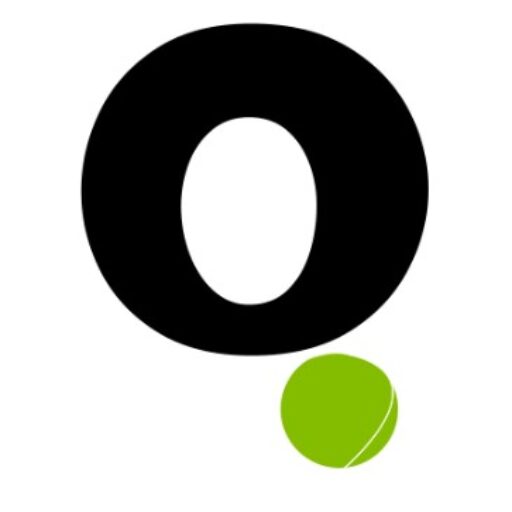In today's digital age, technology has transformed many aspects of our lives, including the way we seek truth.
Innovative apps promise to transform our smartphones into tools capable of detecting lies, a feat that until recently belonged only to the realm of science fiction.
The Breakthrough with VerifEye
One of the most notable examples of this innovation comes from Converus, a Utah-based company that developed the VerifEye app.
Using the phone's camera to analyze the user's eyes as they answer a series of questions, VerifEye seeks to determine the truth with surprisingly high accuracy.
This modern approach promises effectiveness comparable to traditional polygraph tests, marking a significant technological advance in the field of lie detection.
It's worth seeing full news.
Entertainment and Curiosity: Apps on the Play Store
In addition to serious solutions like VerifEye, there are apps available on Google Play that present themselves more as forms of entertainment than rigorous scientific tools.
For example, the “Lie Detector – Simulator” and the “Lie Detector Test Simulator” are designed to be used in playful contexts, allowing users to play lie detection games among friends and family.
Despite their lighter nature, these apps reflect the public's ongoing interest and fascination with the ability to discern truth from falsehoods.
- “Lie Detector – Simulator” available at Google Play.
- “Lie Detector Test Simulator” also found at Google Play.
“Check out our apps category.”Access here
The Technology Behind Lie Detection
The basis of most of these applications, especially VerifEye, is the analysis of involuntary and subtle changes in the eyes.
These changes are caused by an increase in cognitive effort when lying.
The ability of these applications to determine the veracity of a statement, with a claimed accuracy of 80%, illustrates the potential of modern technology to contribute significantly to lie detection in a variety of settings.
Responsibility and Ethics in Use
While the accessibility of these technologies opens up new avenues for truth verification, it also brings with it important considerations about responsible use.
Developers and users of these applications should be aware of the limitations and potential ethical implications, such as privacy and consent issues.
Lie detection technology only provides one data point and should be used in conjunction with other techniques and tools to make informed decisions.

